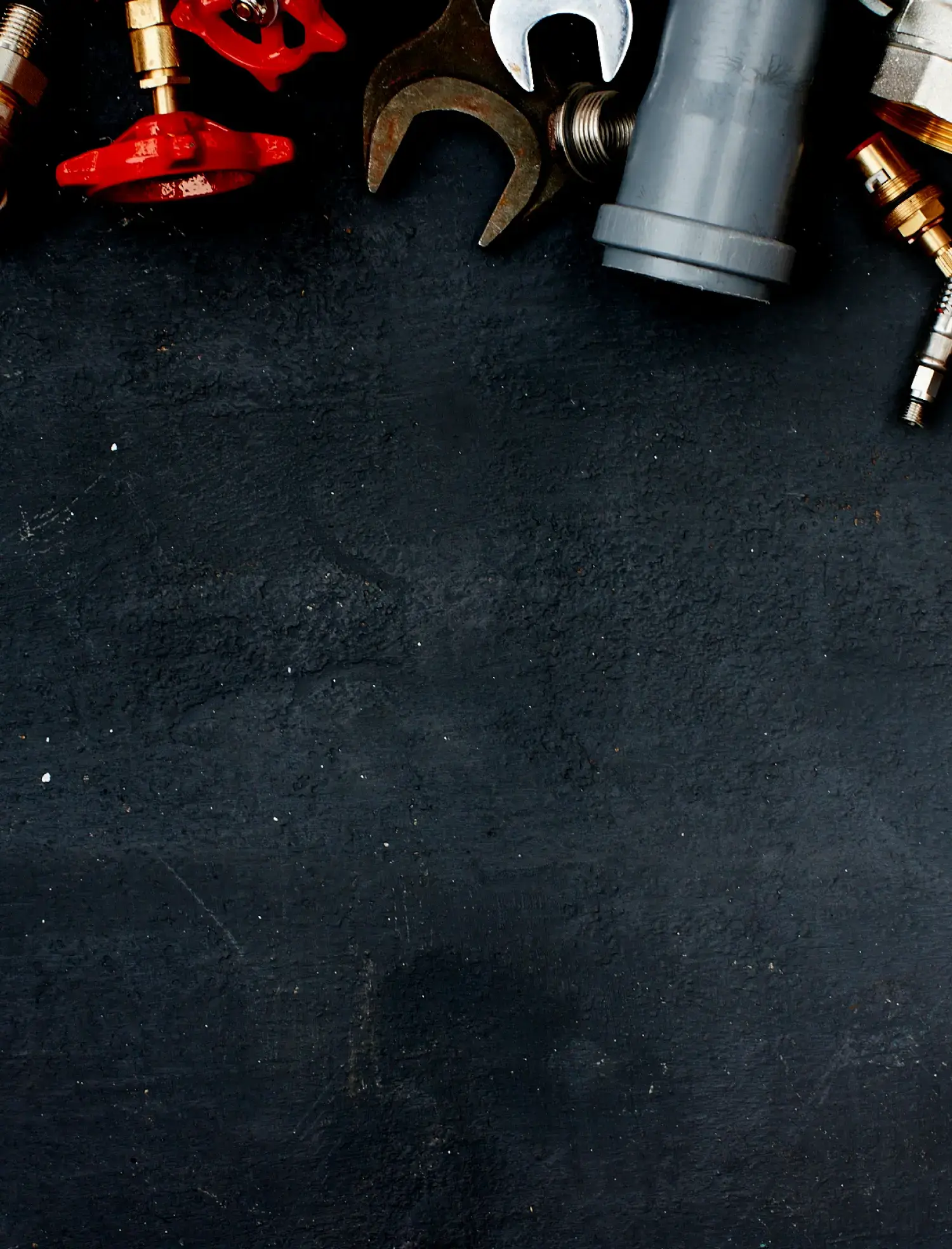How to Improve Indoor Air Quality with Your HVAC System
Stephens Plumbing
November 13, 2025

You might not realize it, but your HVAC system has a big impact on how you sleep, breathe, and feel every day. When it’s clean and well-maintained, it filters out dust, pollen, and other indoor contaminants. When it’s not, your HVAC system recirculates all those same pollutants.
The good news is that you can improve HVAC air quality in your home with a few simple steps. Here’s where to start.
Why Indoor Air Quality Matters
The Environmental Protection Agency (EPA) estimates that we spend roughly 90% of our time indoors. This becomes an issue when pollutants accumulate in that space due to poor filtration and ventilation. Poor indoor air quality can lead to a range of health issues, including but not limited to:
- Headaches
- Fatigue
- Respiratory issues
- Allergies
- Long-term conditions such as COPD, cancer, or heart disease
Common pollutants include dust, pollen, pet dander, mold spores, volatile organic compounds (VOCs) from household products, and vapors from paint and construction materials.
How Your HVAC System Affects Indoor Air Quality
Your HVAC system is both a solution and a potential source of indoor air issues. When it’s working properly, your HVAC circulates the air, traps dust and pollutants in the filters, and helps regulate humidity. Some systems also have extra features like UV lights to kill mold spores and viruses.
If it’s not maintained, your HVAC system can spread pollutants instead of removing them. Leaks and excess moisture in the ducts can also encourage mold growth and become a breeding ground for airborne bacteria.
Proper HVAC indoor air quality management keeps these problems in check and ensures your system helps rather than harms.
How to Improve Air Quality in Your Home with Your HVAC System
There are several ways to use your HVAC system to improve air quality in your home. As a bonus, these tips will also extend the life of your equipment and reduce energy costs.
Change Filters Regularly
The first step to improve air quality in your home is to replace HVAC filters on schedule with the appropriate MERV (Minimum Efficiency Reporting Value) rating. Filters should be replaced every one to three months, depending on factors like system use, general air quality, pets, and allergy sensitivities.
HVAC system filters with a high MERV rating can capture smaller particles, like smoke, viruses, and bacteria. Make sure to check your system’s manual before you swap to a higher one to make sure it is compatible. Some systems can’t handle high MERV filter ratings without reducing airflow.
Schedule Routine Maintenance
Good HVAC indoor air quality requires consistent maintenance. Regular air conditioning services improve air quality, HVAC performance, and the overall comfort of your home.
A professional technician will typically:
- Inspect components
- Clean coils and blower parts
- Check ductwork
- Ensure that filters and ventilation are working properly
- Detect parts that need repair or replacement
- Spot early signs of issues like dust buildup and leaks
- Offer solutions before they become bigger problems
Schedule maintenance once before the cooling season and once before the heating season to ensure everything is in working order.
Consider HVAC Air Quality Testing
If you suspect poor indoor air quality but can’t pinpoint the cause, HVAC air quality testing can help.
During the test, professionals use specialized instruments to measure levels of pollutants like:
- Particulate matter
- Humidity
- Carbon monoxide
- Carbon dioxide
- Mold
- Bacteria and viruses
- VOCs
- Radon and lead
- Fumes, asbestos, and other residues left behind during construction
Testing provides insight into the best ways to improve your home's air quality, such as adjusting humidity, upgrading filters, sealing leaky ducts, or adding purification systems.
Add Air Purifiers, Humidity Controls, or UV Lights to the System
Enhancing your HVAC system with whole-home air purifiers, humidity controls, or UV lights can dramatically improve air quality.
- Air purifiers provide an extra layer of filtration beyond the standard HVAC filter.
- Humidifiers or Dehumidifiers counteract the humidity levels of your home. This keeps humidity at an ideal level to manage allergens and keep spores and bacteria from growing.
- UV (ultraviolet) lights target and destroy microorganisms like mold spores, bacteria, and viruses that can grow in coils and ducts.
Both additions can dramatically improve the effectiveness of your HVAC system and reduce allergens throughout your home.
Keep Ducts Clean
Dust, pet hair, and debris can accumulate inside ducts and recirculate through your living spaces. These dirty ducts lower air quality and restrict airflow, which can put a heavy strain on your HVAC system.
Consider a professional air duct cleaning every three to five years—or if you’ve recently completed renovations, noticed unusual odors, or see visible dust blowing from the vents.
Stephens Plumbing and HVAC is Here to Help You With Indoor Air Quality Concerns
Your HVAC system is a powerful tool to improve the air quality in your home. Our experts, technicians, and project managers are local residents who understand the communities we serve. They're experienced, friendly, and fully licensed and insured, ensuring top-notch quality and service.
If you have questions about the best ways to maintain your HVAC, feel free to reach out! We’re available to all residents and commercial properties in the South Bay and Orange County area 24/7.

Join Our Team
Interested in becoming a part of the Stephens family? Submit your application now for one of our plumbing or HVAC jobs!





